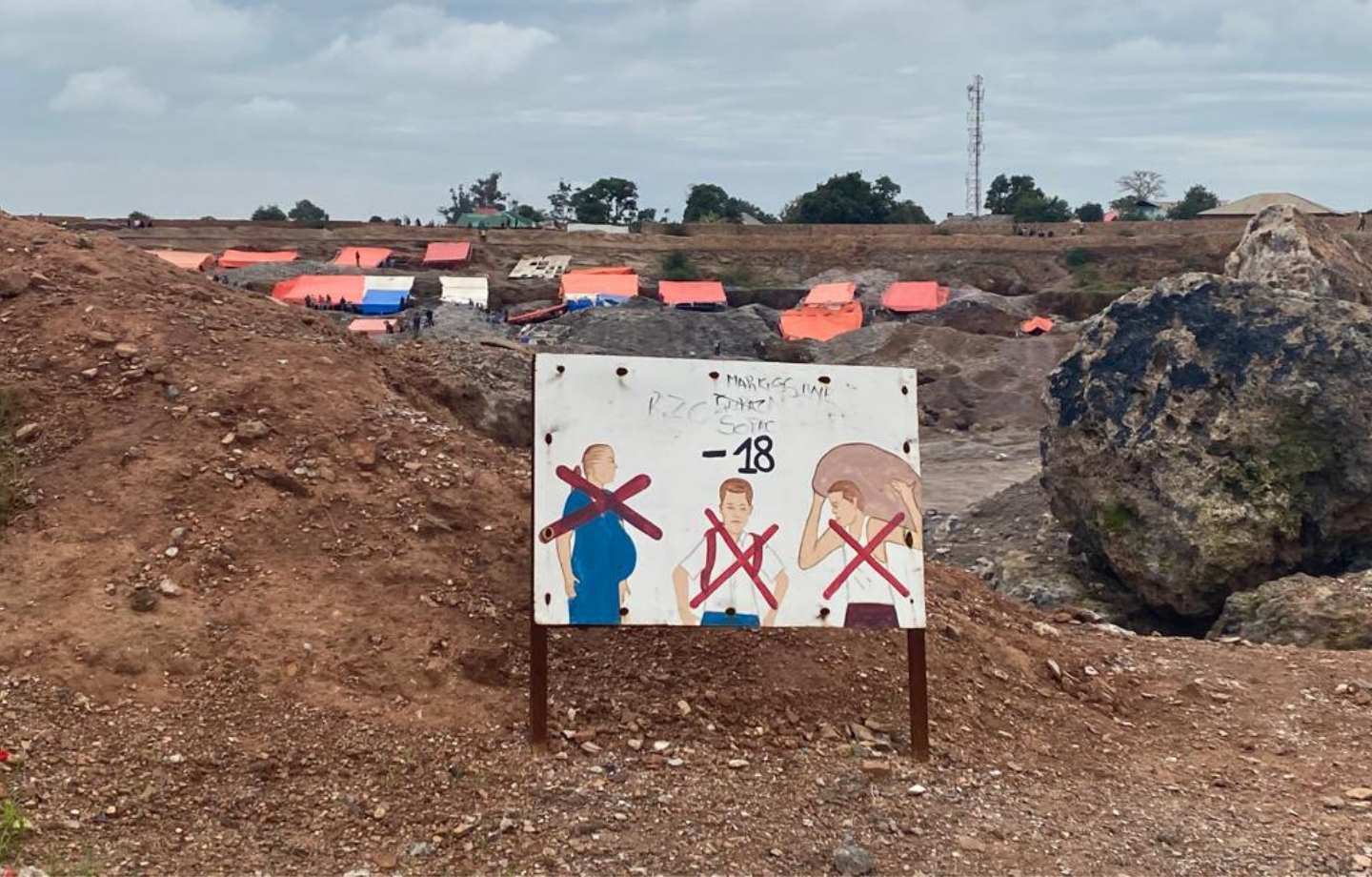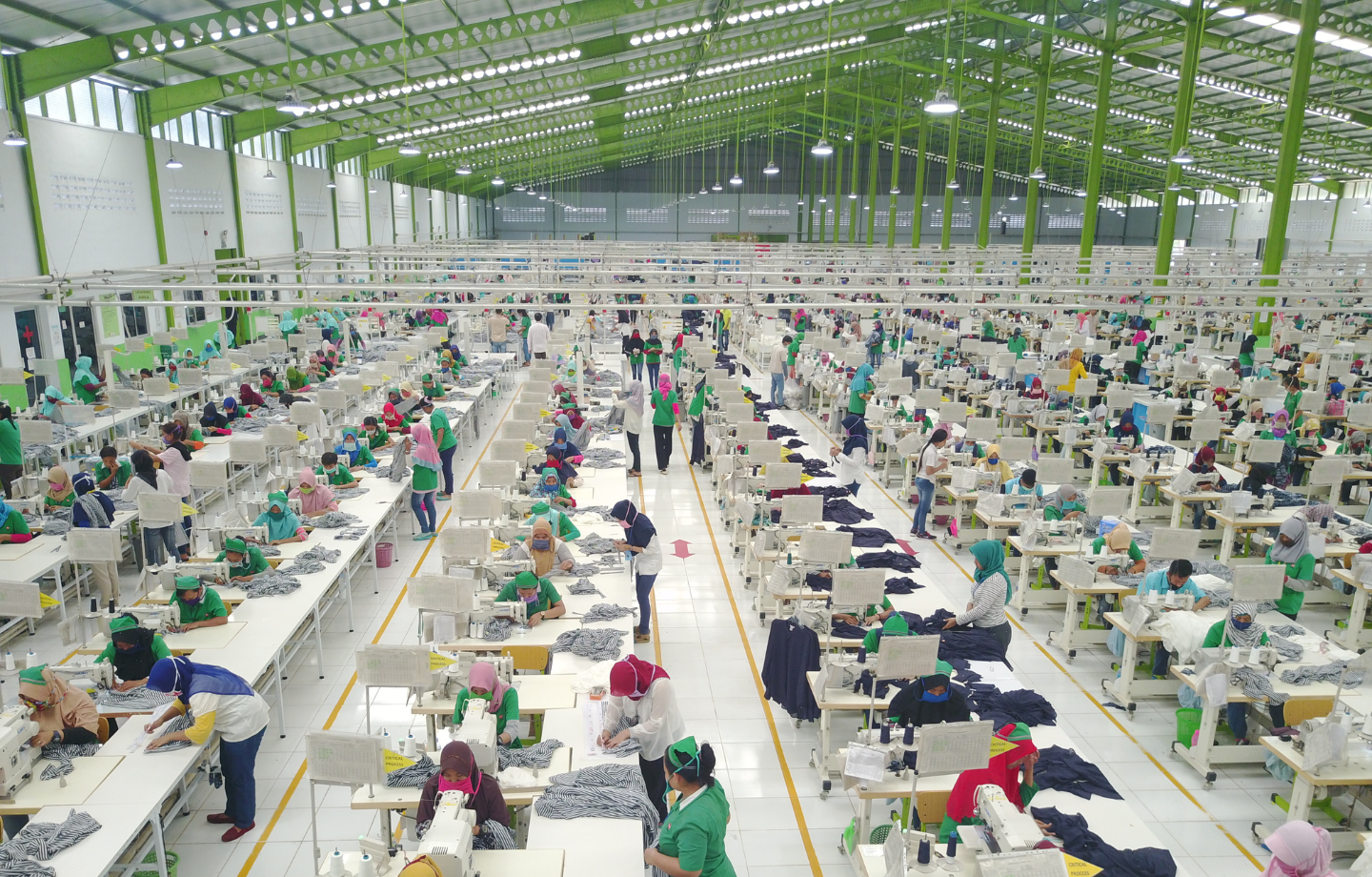(Still) Missing the Real FIFA Scandal

September 30, 2015
Last Friday, news outlets and social media platforms erupted over news that Swiss authorities are pursuing a criminal probe of outgoing FIFA President Joseph (“Sepp”) Blatter. Football fans the world over are understandably concerned about potential corruption in the ranks of the global governing body, as the implications of malfeasance in an organization of that size and influence are very real and impactful.
But just a few hours before this news broke, FIFA also quietly announced the start date of the 2022 Qatar World Cup, reminding us of something we should perhaps all consider much more scandalous: the ongoing severe difficulties faced by the hundreds of thousands of migrant construction workers in Qatar who are laying the infrastructure for this massive undertaking.
Human rights, labor advocacy, and other civil society and professional groups have been reporting for years on the hardships these workers encounter, and have made meaningful and practical recommendations to various stakeholders, including Gulf governments, large construction firms, sub-contractors, the companies commissioning construction projects in the region, and FIFA itself.
Most of these groups broadly agree on what steps can and should be taken. Moreover, there are many well-intentioned individuals in the Qatari government and inside major business entities with interests in these projects who are committed to alleviating the plight of these workers.
So why has there not been any noteworthy progress toward doing so? The short answer is that any comprehensive solution to the crisis will require multi-stakeholder cooperation, and too many of these actors are passing the buck on to others by claiming limited capacity and authority. One such stakeholder is FIFA itself, which to date has not taken any significant action to address these issues.
This is not to say that FIFA is solely, or even mostly, to blame for the current situation. Indeed, FIFA does not exercise direct control over the thousands of subcontractors and recruitment firms operating in Qatar. But when it comes to labor “supply” chains, it is all too easy to kick the can down the road. Each actor does have a point of leverage, and in FIFA’s case it is with the Government of Qatar.
Some have argued that since FIFA has already contracted with Qatar for hosting rights to the tournament, its range of options in this regard are limited. But FIFA could, if so inclined, present a case for stripping Qatar of its hosting rights to an independent arbiter. While this option should of course not be exercised immediately or without granting the Government a fair chance for course-correction, FIFA has never come close to making it clear that this option is at least on the table, should it not take much quicker and more meaningful steps to reform elements of the kafala (sponsorship) system there that contribute to the abuse of these workers’ rights.
FIFA must do more than make tepid or general statements committing to the rights of the construction workers toiling to build the stadiums, hotel, roads, and other critical infrastructure necessary for the hosting of its 2022 touchstone tournament.
In addition to cleaning up shop, the rights of migrant construction workers in Qatar ought to be the main issue in FIFA’s next presidential election. But that election is still months away, and for the many thousands of workers whose lives literally depend on reform, change can’t wait until then. So here’s hoping that next time news on the FIFA story breaks, readers will recall the real scandal here.
 Global Labor
Global Labor


